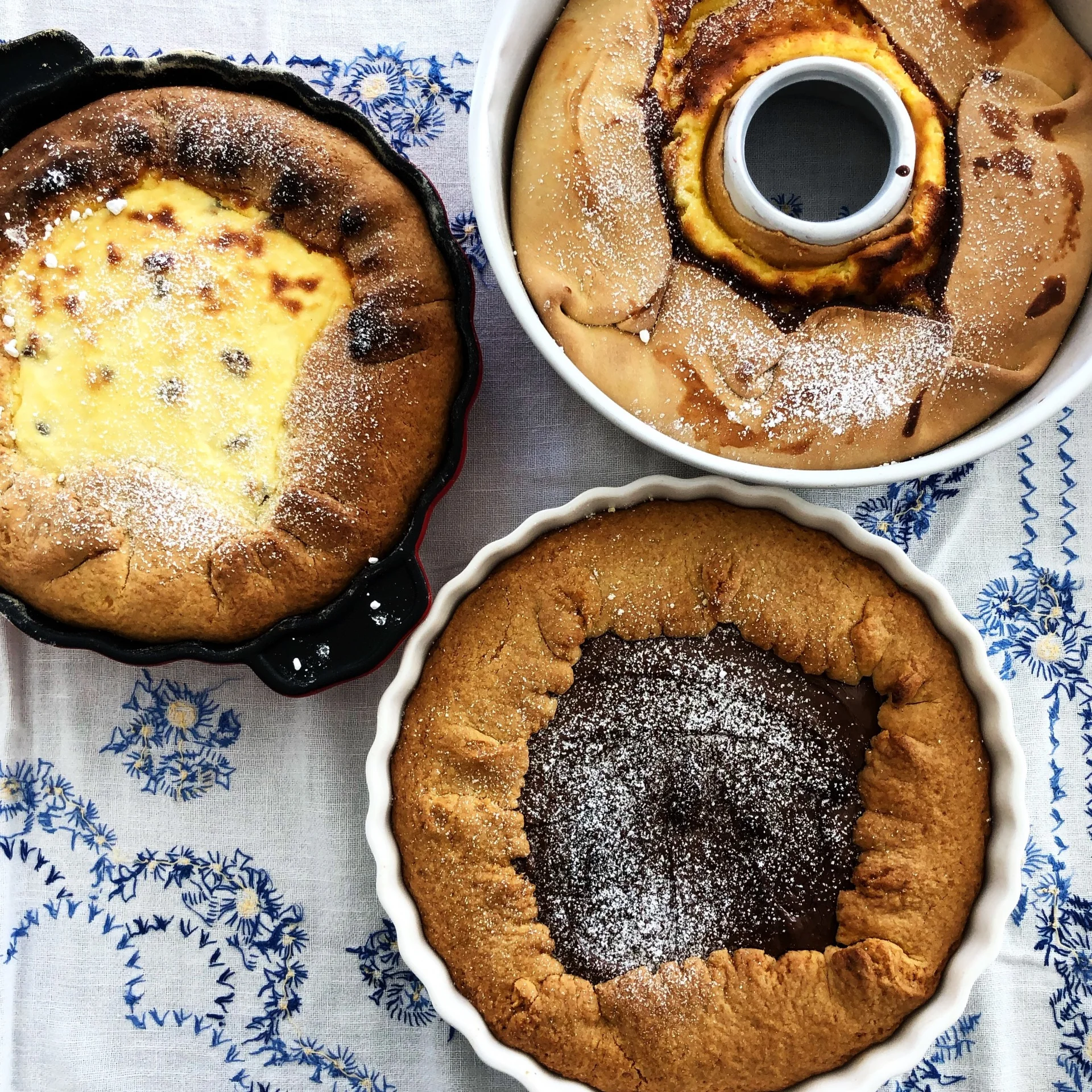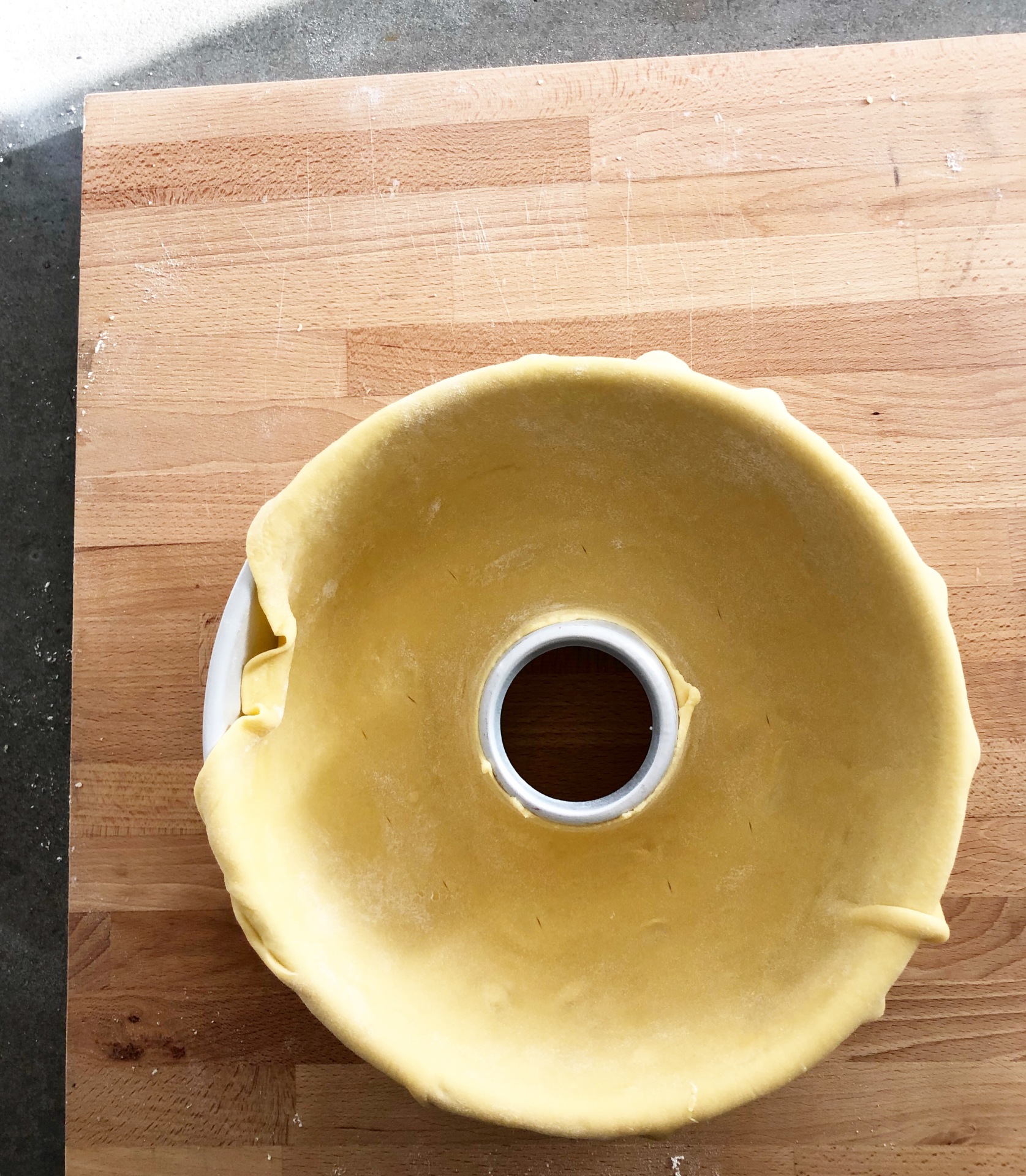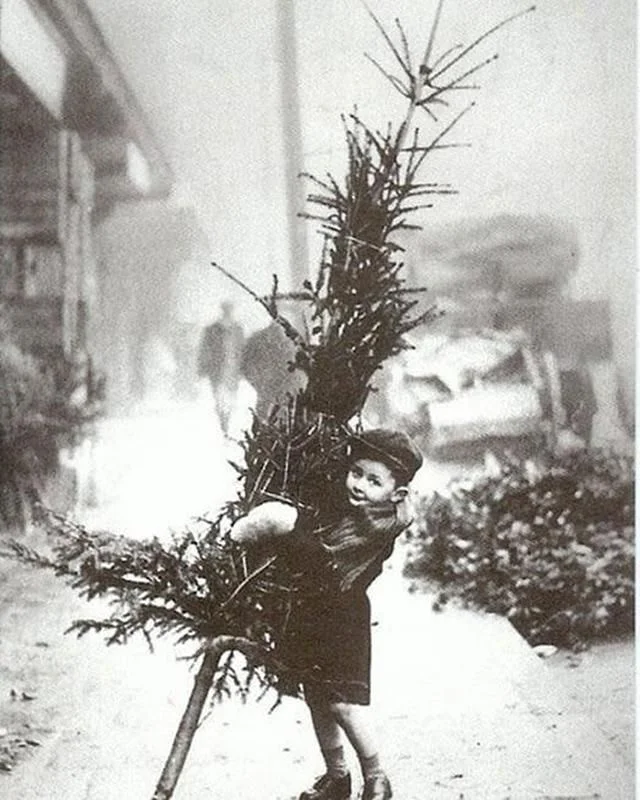I often wake early in the morning and love to bake when it's quiet and the kids are still asleep. I usually always make the same Ciambella al Limone, which the family love for 'la colazione' (breakfast), unless there is something in the fridge like ricotta, cream or yoghurt that may be close to it's use by date. If so, then I'll usually use 'un po` di fantasia' (a little imagination) and add something different to the ciambella. I hate waste, and this is such a great way to waste less. I often create our evening meals like this too, but that's another blog...
now back to la ciambella...
Another thing I find hard to do is follow methods. I find that if ever I have tried to read a method while cooking, the dish loses my attention and often lacks something. Since I was a young girl I have watched my mamma & nonna cook, and realised that preparing food is about using all of the senses, so if you put the recipe book down, you'll magically be able to connect to your dish through 'touch, sight, sound, smell, and taste' and your meal is sure to taste delicious! Give me the ingredients and I'll create the dish. Because cooking really is that simple, as long as you've been taught, or taught yourself, the basics. If it's too complicated, I don't care for it. Simple is key.
So this morning I woke up to check what may be going out of date in the fridge, and it was the good old plain greek style yoghurt. Here are the ingredients, step by step and quite roughly for you to recreate this really easy Ciambella with a twist:
You'll need...
a whisk and a bowl
3 eggs
12 tablespoons of sugar (or less if you prefer)
12 tablespoons of sunflower oil
3 tablespoons of plain greek style yoghurt
12 tablespoons of self raising flour
a handful of dates (or more if you like them)
a handful of walnuts (or more if you like them)
some vanilla (either from a pod, or essence or whatever you have or usually use)
** greese your tin and put the oven on to a moderate heat

















































